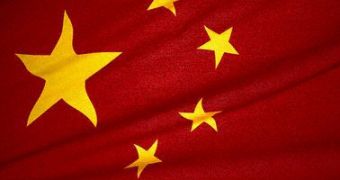One of the U.S. State Department diplomatic cables leaked by WikiLeaks reveals that the American Embassy in Beijing received information that the cyberespionage attack targeting Google and other Fortune 500 companies was instrumented by the Chinese Politburo.
Collectively called Operation Aurora, the attacks began in mid-2009 and lasted until December of the same year when they were discovered.
They involved employees at leading US companies being targeted with an Internet Explorer exploit, with the purpose of installing malware on their computers.
The first company to publicly speak about the attacks was Google, which said that they originated in China and as a result, it will stop censoring search results in the country.
Google also noted that in addition to targeting important source code, whoever was behind the attacks tried to access the Gmail accounts of Chinese human rights activists.
Some of the other targeted companies include Adobe Systems, Yahoo!, Symantec, Juniper Networks, Rackspace, Northrop Grumman or Dow Chemical.
At the time, the U.S. State Department questioned the Chinese ambassador over the matter and even announced plans to file a formal protest with the Chinese government.
It seems that the reason why the government sided with Google so quickly and risked affecting US-China relations might lie with a report from its diplomats in Beijing.
According to the New York Times, one of the leaked cables mention a Chinese informant who contacted the American Embassy in January with details about the attacks.
He claimed that the whole operation was carried out by a team of Chinese government agents, private security experts and hackers recruited by the Political Bureau (Politburo) of the Communist Party of China. They were also allegedly responsible for the GhostNet cyberspying operation revealed in March 2009.
Back in July, security researcher and Armorize CEO Wayne Huang was pressured into canceling his Black Hat talk on the "Chinese Cyber Army," which promised to reveal details of this covert cyberforce that operates since 2001.

 14 DAY TRIAL //
14 DAY TRIAL //